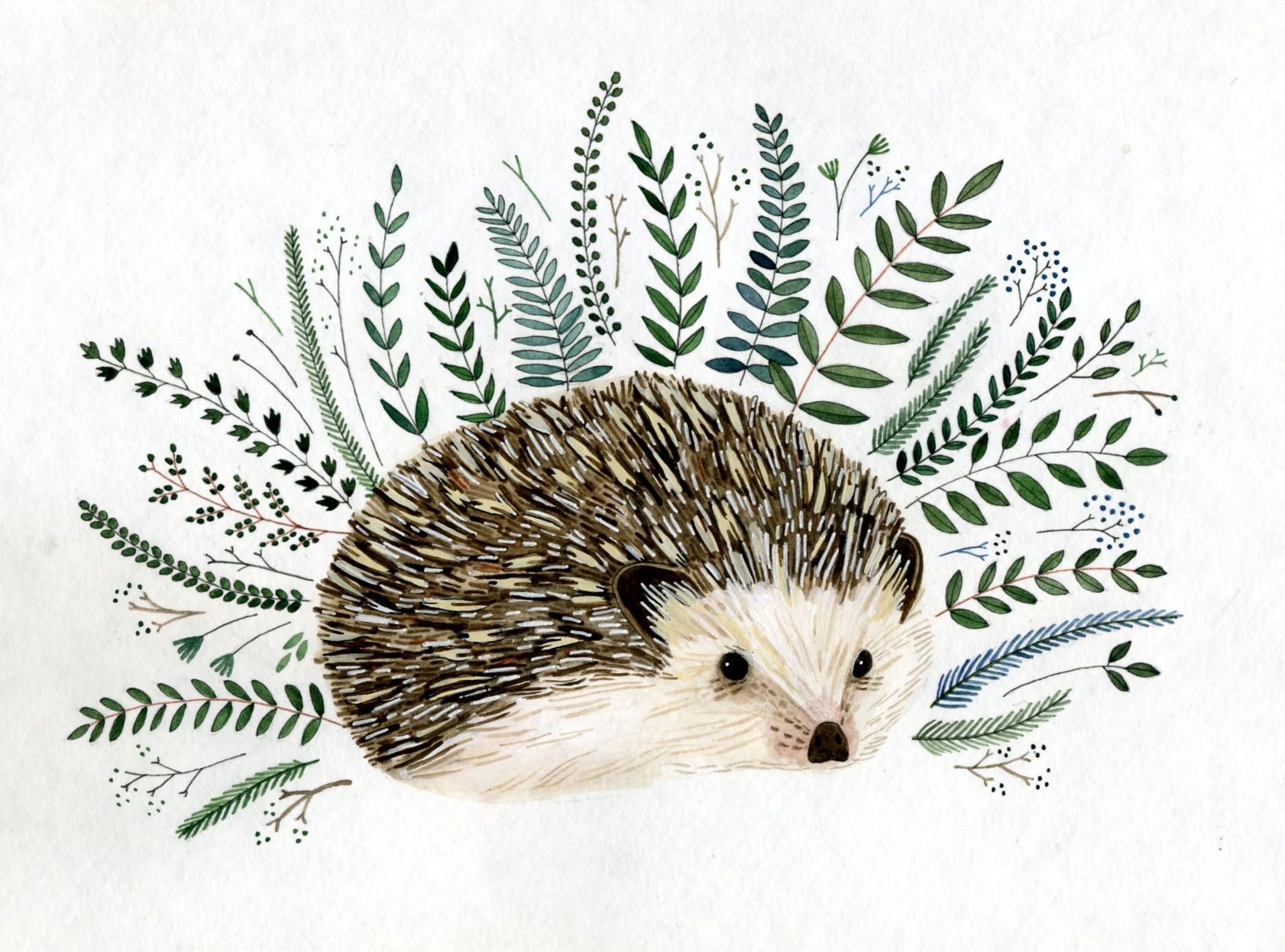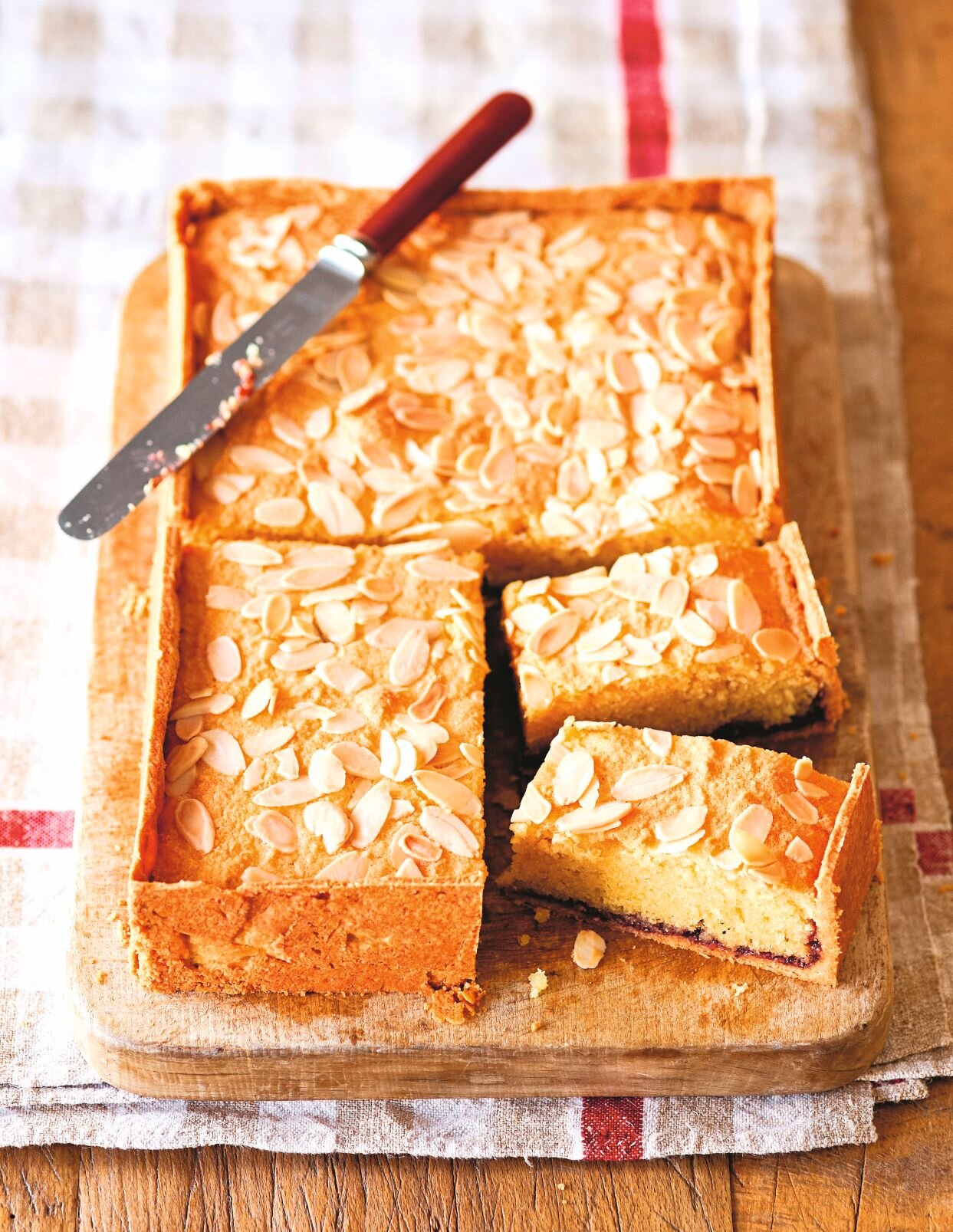How some country-dwelling birds moved to the big smoke
We live in strange times and the beasts among us that are adaptable are those that will likely emerge the strongest.
Take the peregrine, for example; just a few decades ago, this magnificent cliff-dweller was dwindling in number in the UK, due to the (now banned) pesticide DDT. But now they’re back, and they’ve moved upmarket, taking up residence in some of the most sought-after buildings in our cities.
When Battersea Power Station was renovated and became luxury flats the first family through the door was a pair of peregrines. Unfortunately, they chose to nest in one of the chimneys that was about to be taken down and rebuilt. Peregrines are no respecters of a rising housing market. The development company had to - at a cost of £100,000 - build a mast next to the chimney with a nesting box and pray that the birds would relocate there for their next nesting season. Fortunately the peregrines acquiesced - perhaps Sarah Beeney had a word - and they’ve remained there since.
City slicker peregrines have been spotted circling St Paul’s, diving for prey from cranes and generally cavorting all over the city. The cathedrals, cranes and chimneys from which they nest and hunt are their new cliff faces. And they’re enjoying city life very nicely, thank you. It’s thought the rise in numbers is accounted for by the large numbers of feral pigeons available for them to eat.
But it’s not just in London that peregrines are settling down to city life. They’ve also nested successfully for many years in Norwich Cathedral spire, at St John’s in Bath, in Manchester skyscrapers, on Nottingham Trent University and even on a phone mast in Southampton.
If you live in a city and are a lover of large birds, just look up, up, up. You might just find a peregrine looking back at you, beady of eye.
If you like the feathered chap above, you might be interested to know he was made entirely of paper and is the work of Zack McLaughlin os paperandwood.co.uk. You can see more paper birds from page 20 of our June issue.
Buy this month's The Simple Things - buy, download or subscribe






